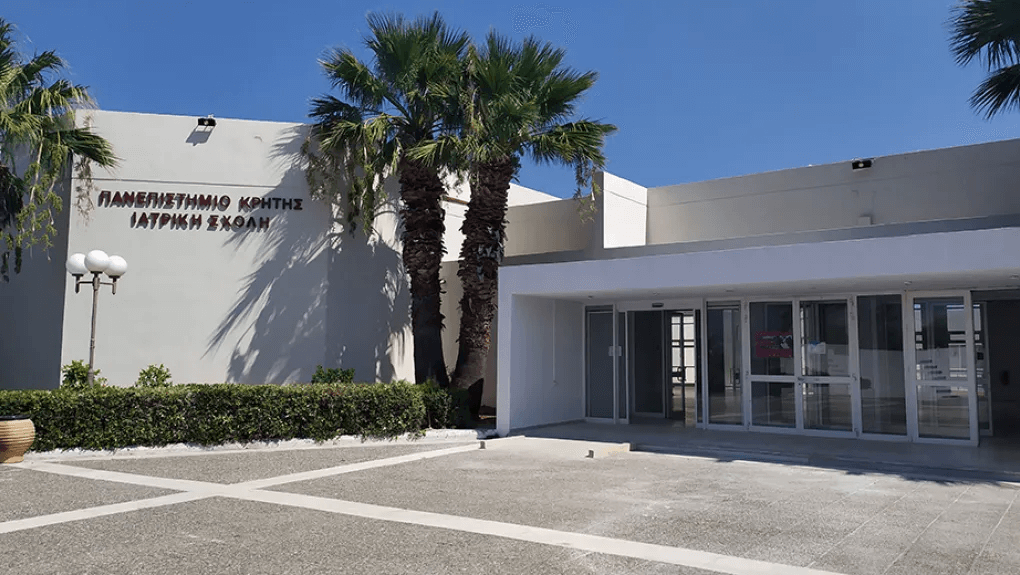Projects

Projects
Pathogenesis of fibrosis in IBD
Post-inflammatory intestinal fibrosis is a major complication in patients with inflammatory bowel disease (IBD) and especially Crohn’s disease (CD) that is not amenable to current anti-inflammatory treatments. Intestinal stromal cells and especially activated myofibroblasts are key players in the extracellular matrix remodeling processes that follow inflammatory insults. We actively study the phenotype and biology of myofibroblasts from patients with CD to identify the immunological events that assign a profibrotic signature to human intestinal myofibroblasts.
Gut Microbiota in IBD
It is now postulated that perturbations to the structure of complex commensal communities (dysbiosis) in the intestinal microbiome trigger an aberrant mucosal immune response in genetically predisposed individuals, leading to the development of chronic intestinal inflammation. Current research suggests that intestinal dysbiosis is an essential factor triggering inflammation in IBD, rather than merely a consequence of the chronic inflammation. Establishing etiopathogenetic relations between the microbiome and IBD is a challenge for cutting-edge research. One of the active projects is the study of the intestinal microbiome in IBD patients and its correlation with disease subphenotypes.
Mucosal Immunophenotypes in IBD
It is now widely believed that the intestinal inflammation of IBD represents a dysregulated immune response to commensal bacterial antigens. Data from mouse models and human disease support a primary role for unrestrained polarized T-cell responses in driving this inflammation. However, the pathogenetic approach of highly polarized immunophenotypes is considered simplistic, especially in the context of the significant heterogeneity that characterizes patient phenotypes, disease course and response to treatment. One of the active projects of the lab is to study the mucosal immunophenotypes in patients with IBD and identify differences that correlate with disease phenotypes, severity and treatment responses.
Mucosal immunobiology and carcinogenesis
In this project, we study the possible anti-inflammatory, anti-fibrotic and anti-proliferative properties of newly synthesized or re-purposed drugs. In detail, we test the effect of such substances on the proliferation, apoptosis and secretion of inducible soluble mediators by the HT-29, A549 and NCI-H446 epithelial cell lines, by the 18CO-CCD colonic fibroblast cell line and by human intestinal organoids (HIOs) in the presence or absence of pro-inflammatory or pro-fibrotic stimuli. Furthermore, we intend to proceed to testing the anti-inflammatory and anti-cancer properties of the new drugs in in vivo animal models of mucosal inflammation and cancer.